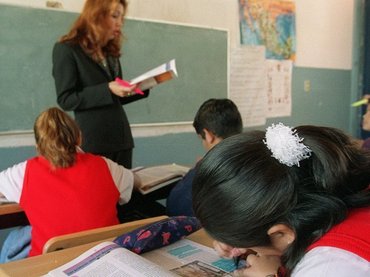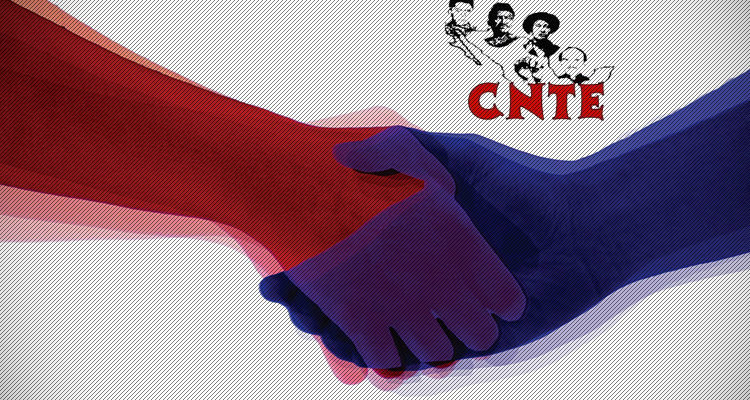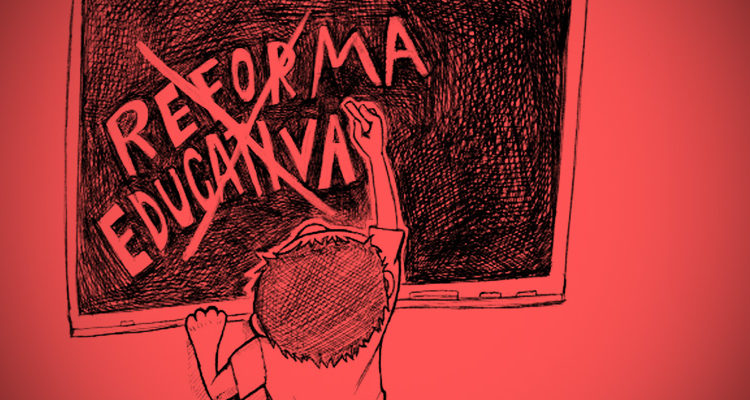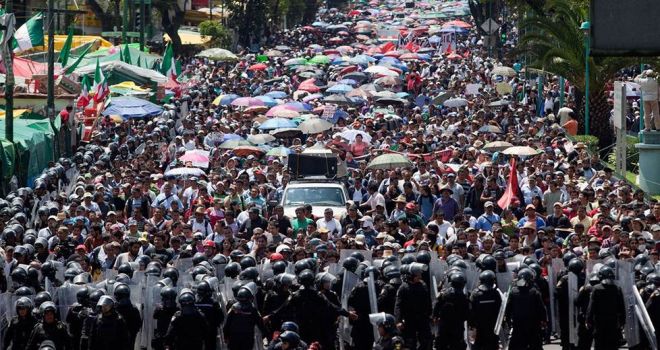The Times Higher Education World University Rankings 2015-2016 list the best global universities and are the only international university performance tables to judge world class universities across all of their core missions – teaching, research, knowledge transfer and international outlook.
The top universities rankings employ 13 carefully calibrated performance indicators to provide the most comprehensive and balanced comparisons available, which are trusted by students, academics, university leaders, industry and governments. This year’s ranking includes 800 universities from 70 different countries, compared with the 400 universities from 41 countries in last year’s table. View the World University Rankings methodology here.
This year’s list of the best universities in the world features 147 of the top universities in the US – with 63 American universities making the top 200 of the list, including the California Institute of Technology (Caltech) as the world’s number one university, followed by Stanford University in third place, the Massachusetts Institute of Technology (MIT) in fifth andHarvard University in sixth. But the US has been losing its dominance of the tables, as institutions in Europe improve their performance, including those in the UK, Germany, the Netherlands and Switzerland. The UK is the second best represented country in the rankings, with 78 universities in the top 800, and 34 in the top 200. The UK’s Oxford University is ranked second in the world, with Cambridge University in fourth. This year’s ranking also marks the first time a university outside the US and the UK has made the top 10 for a decade. Discover more World University Rankings highlights here. Asia has seen a varied performance, with good news for Singapore, which now claims the top institution in the continent with National University of Singapore (NUS) in 26th place. China has two top fifty universities (Peking University and Tsinghua University) while Japan and South Korea have suffered declining performance.
Our list of the best global universities rankings include many performance indicators directly relevant to students and their families, to help them chose where to study, including faculty-student ratios, the university’s global reputation, its total resources, the international mix on campus, and its links to business. But a reason why the rankings are so widely respected is that they cover the full range of a university’s missions, including research excellence.
Key Statistics
The data shown under Key Statistics is that provided by the University itself in its submission to the Times Higher Education World University Rankings. It represents data from the 2013 academic year, and may vary from subsequent or earlier years.
Students
This is the number of full time equivalent students at the University.
Student:staff ratio
This is the ratio of full time equivalent students to the number of academic staff – those involved in teaching or research.
International students
The percentage of students originating from outside the country of the University.
Female:Male ratio
The ratio of female to male students at the University.
Editor notes – World University Rankings 2016
Times Higher Education is committed to transparency and accountability across all of its rankings.
The data used to create the THE World University Rankings and the portfolio of regional and specialist rankings comes from three sources: reputational data from THE’s annual Academic Reputation Survey, institutional data supplied to THE directly by the universities themselves through our secure data collection portal, and bibliometric data provided by Elsevier, from its Scopus database. These data combine to form the 13 performance indicators used to create the World University Rankings.
January 2016 Update
Following the publication of the 2015-16 World University Rankings, Aarhus University notified us that they had submitted inaccurate data. The data error, which was not picked up in our quality control processes, disadvantaged Aarhus in the rankings. We have corrected the data and recalculated the ranking, and this has resulted in Aarhus obtaining a position of joint 106th (up from joint 149th). We have moved Aarhus to the joint 106th position, but we have retained the original ranking places for all other institutions.
It has also emerged that incorrect bibliometric data were supplied to THE by Elsevier for University of Palermo, Argentina, and included some publication data for the University of Palermo, Italy. Unfortunately when using correct data the University of Palermo, Argentina, does not meet THE’s threshold for inclusion*. The data has now been corrected and the University of Palermo, Argentina, no longer appears in the rankings.
* Our bibliometrics threshold is 1,000 papers (and at least 200 papers a year) published in journals indexed by Scopus, between 2010 and 2014.
March 2016 Update
An error relating to the calculation of Purchasing Power Parity (PPP) in the financial data for a small number of institutions has been corrected, which has positively affected the ranking position of six institutions in the 2015-16 rankings.
We use PPP so that comparisons between universities in different countries are fairer. In total, 13 of the 1,126 institutions which submitted data for the 2015-16 rankings submitted financial data in a currency other than their own national currency, resulting in an incorrect PPP calculation. The correction led to a rankings position change for six of the 13 institutions.
An error was also identified for one other institution, meaning seven universities have changed position. We have corrected the data and recalculated the ranking, and this has resulted in changes for University of São Paulo, Technion Israel Institute of Technology, Boğaziçi University, Moscow Institute of Physics and Technology, National Research Nuclear University MePhI, University of Iceland, and Paris-Sorbonne University – Paris 4. No other 2015-16 Rankings positions have been affected.













 Users Today : 15
Users Today : 15 Total Users : 35460706
Total Users : 35460706 Views Today : 25
Views Today : 25 Total views : 3419849
Total views : 3419849